With a population of 1.2 billion, India is the world's second-biggest wheat user. The government forbids the export of food, despite the expectation of a record wheat crop in 2024. This is because the government values food security in the country more than the possible economic benefits of trade with other countries. Even though this choice seems smart, it will have big effects on Indian farmers and the world food market as a whole.
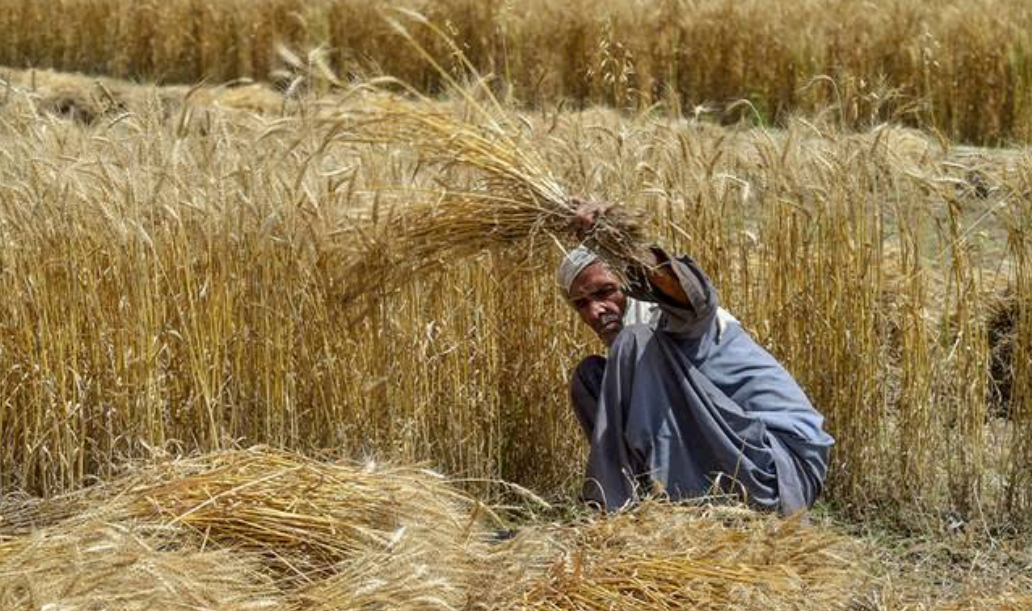
Reasons for the ban: remembering the past and not knowing what the future holds
Unfortunately, a series of bad events led to the current export limits. An unusual heatwave in 2022 severely damaged horticulture, leading to a significant decline in wheat production. This, along with other extreme weather-related factors from previous years, depleted the government's funds, leading to a surge in food prices in the country. In May 2022, the government banned wheat exports to fight inflation and ensure there was enough food for the country's huge population.
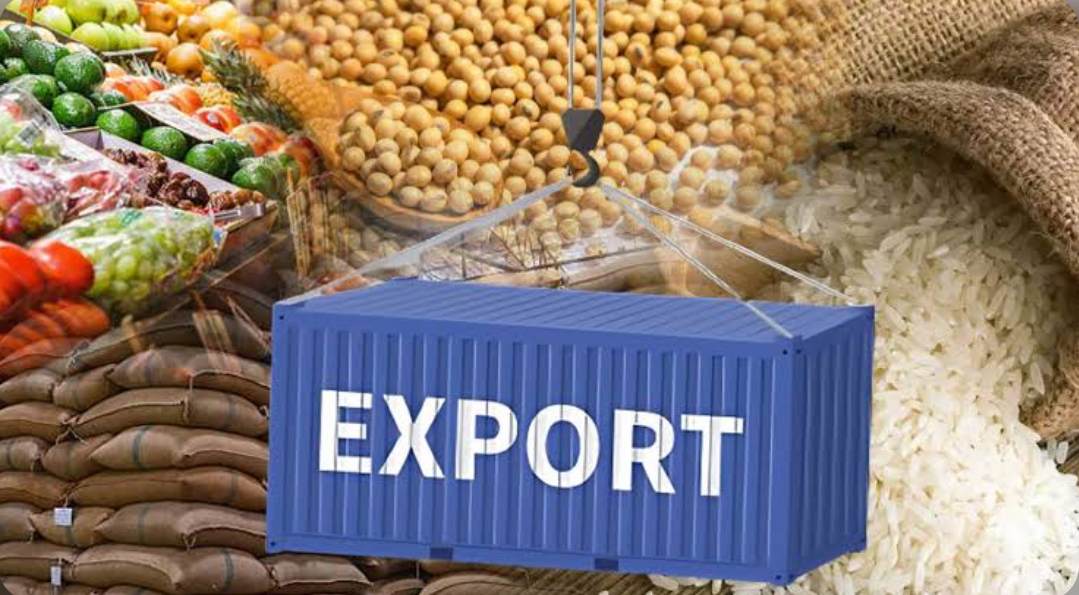
Despite the expected strength of the 2024 monsoon, officials remain cautious. The main goal is to restore depleted stores. The issue of lowering exports doesn't come up now, according to someone who knows what's going on. Reviewing export limits can't happen until things are calm at home. With this cautious method, the government hopes to avoid another crisis like the one in 2022.
Food Inflation: A Constant Threat
Despite predictions of a bumper crop, India is still dealing with persistent food inflation. Two-digit cereal inflation has been a key sign for most of the last fiscal year. A bumper crop doesn't always mean lower prices, which shows how complicated the situation is. Food prices are still very expensive (8.52%), even though total inflation fell to 4.85% in March 2024. The government's concerns about potential price changes following the lifting of export limits are evident from these differences.
Discusses the effects on global market participants, exporters, and farmers.
The export ban affects many areas. Although it protects food security in India, it also puts farmers in a tough spot. The government's purchase of more than 20 million metric tonnes of wheat, surpassing the annual requirements for food security programmes, may make it difficult for farmers to sell their excess crops. They might have to lower their prices, which would cut into their earnings margins.

Exporters, who are also very important stakeholders, face a variety of problems. Excluding food from exports messes up established trade routes and reduces their possible sources of income. Like a domino effect, this could harm India's reputation and future trade prospects as a global agricultural exporter.
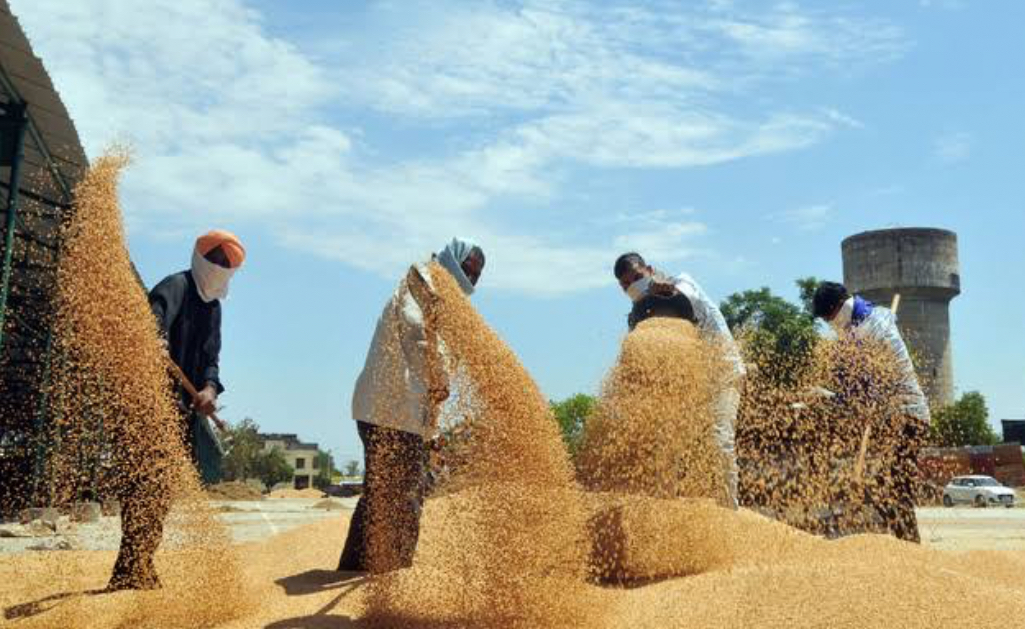
India's export limits also hurt the world market. Being a big player in the wheat trade, India's ban causes a supply shortage that could make wheat more expensive around the world. As a result, countries that rely on imports.
The Road Ahead: Balancing Priorities and Looking at Other Options
Indian leaders have to find a fine balance. Most importantly, it must continue to ensure food security for its 1.4 billion people. However, we must carefully consider the long-term effects of the export ban. Consider these possible next steps:
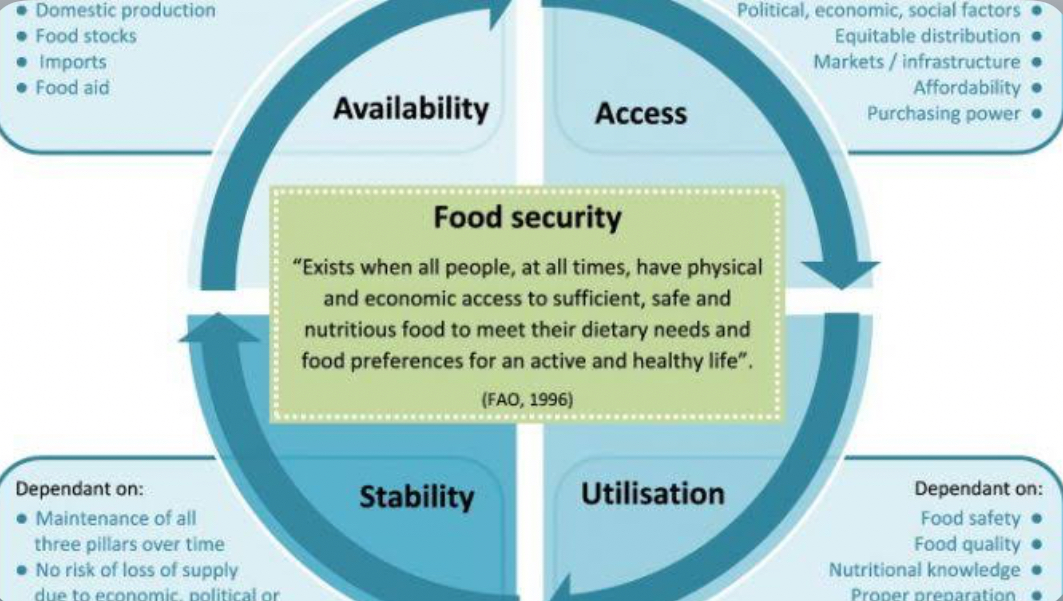
- Gradual Removal of Limits: Once domestic stockpiles reach reasonable levels, we can consider gradually lifting the export ban. This would give farmers access to more places while still making sure there is enough for Americans to buy.
- Minuscule Export Price (MEP): Using an MEP could help control exports and stop sudden price increases in the country. This strategy would let India join the global market while still meeting its own needs.
- Concentrate on the storage infrastructure: Improved storage facilities can help the government keep enough buffer stocks and reduce losses after the harvest. We would create a safety net in case something unexpected happens.
Why planning ahead for the future is extremely important
As shown by India's present situation, long-term planning is very important in agriculture. Funding research and development to build crop varieties that can survive in harsh climates can lessen the effects of extreme weather. Additionally, boosting sustainable farming methods and improving irrigation systems can increase agriculture's stability and output.
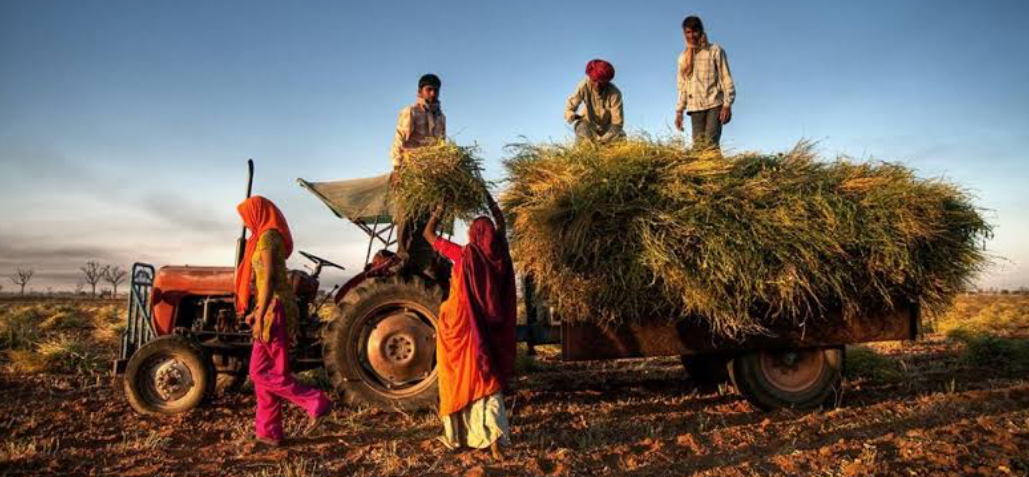
After all that,
With a record wheat harvest, India's decision to keep a ban on food exports is a complicated problem that doesn't have simple answers. Economists and food security advocates are working together to find a good balance. While the present approach focuses on meeting domestic needs, it will be very important in the long run to look into other options, such as gradually lifting restrictions and building better storage facilities. Whatever choices India makes in this complicated situation will have a big effect on both its own agriculture and the world food market.
Image Source: Multiple Agencies
© Copyright 2024. All Rights Reserved Powered by Vygr Media.





















